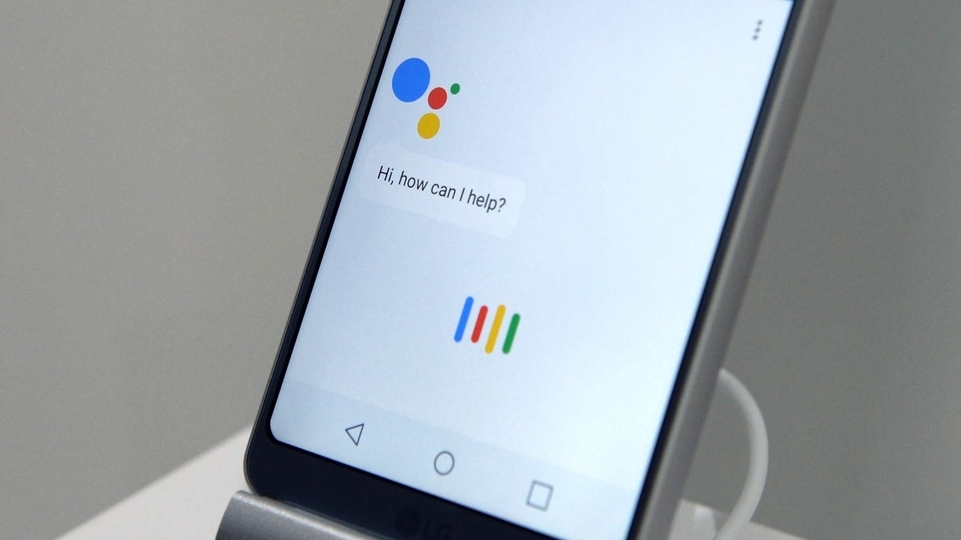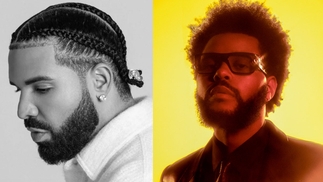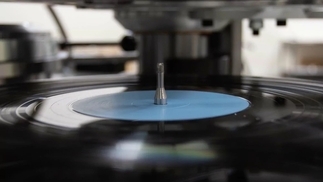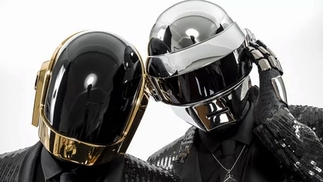Detecting samples less than one second long now possible with Google Assistant, report shows
You can now identify producer’s source material using Google’s AI, according to a new Tracklib investigation

Google Assistant is reportedly capable of detecting music samples less than one second long.
A new report by Tracklib has found that Google's artificial intelligence tool, Google Assistant, has sound recognition technology capable of unearthing previously unknown samples. The discovery was made by the founder of Discord community Sample Hunting who goes by lobelia. She has experience using Shazam and Google to seek out samples for several years, but was surprised to learn what Google Assistant was able to find while hunting down links from Daft Punk's 2001 album, 'Discovery', and specifically, 'Face To Face', coproduced by Todd Edwards.
"When Google Assistant helped me find 'South City Midnight Lady' by The Doobie Brothers as a guitar sample in 'Face To Face' in late 2021, I realized that this method could be huge," she told Tracklib. "Especially because, at that point, we didn't even know that sound was a separate sample. We actually thought it was part of another sampled record."
In addition to sourcing rare Daft Punk samples, Google Assistant has been able to pin down sought-after source material for tracks by Mobb Deep, Madlib/Quasimoto, Nujabes, Modjo and more.
Sample Hunting member DJPasta elaborates on how they set up Google Assistant to find music snippets: "I figured out a method to run audio directly from my PC into Google Assistant with software called Bluestacks. I was mostly trying out a few Todd Edwards samples that I'd been looking for at the time. To my surprise, Google Assistant's song recognition found most of them. Eventually, I had the idea to try out shorter samples, like Carrie Lucas' 'Sometimes a Love Goes Wrong.'"
DJPasta also shared tips on how to dig for difficult samples using the Google tool. "If the sample you are trying to find is part of a much longer drawn-out chord or texture, you can time-stretch or crossfade a loop to make the AI think it's longer," they said. "You can also repitch the sample to form a chord progression if you guess it correctly."
Founder lobelia is intrigued to see how the Google AI adapts and evolves as the sample hunting techniques techniques become more widespread. "It's just a matter of time before even more people start using this particular technology as well," she told Tracklib. "It gets even more reliable over time. Last year was only the beginning; we're all hungry for more."
Read the full story on Tracklib.
Last September, Aphex Twin released a free "sample mashing" app called Samplebrain.
In May 2022, Splice launched CoSo (Compatible Sounds), a free app that uses AI to identify samples from its own library.




 Daft Life Ltd.jpg?itok=ONSc9a5J)